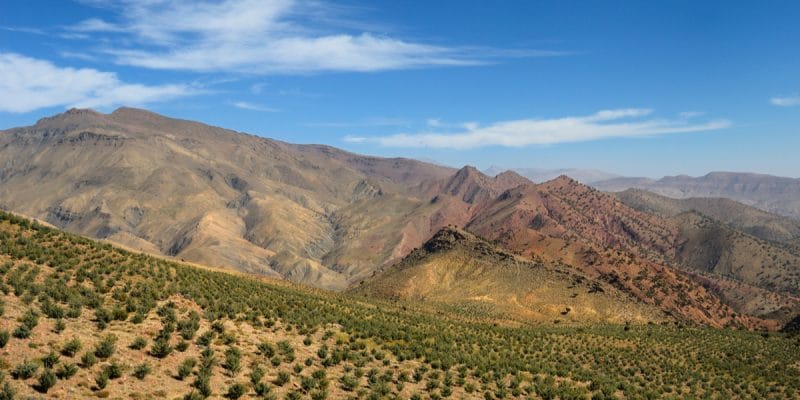The Global Environment Facility (GEF) is providing just over $71 million to Zimbabwe. The funding from the 7th replenishment of the GEF (GEF-7) is for land restoration and reforestation programs in Zimbabwe, a southern African country known for its spectacular scenery and diverse wildlife.
The Global Environment Facility (GEF) is supporting Zimbabwe’s reforestation and land rehabilitation efforts. The southern African country, known for its spectacular scenery and diverse wildlife, has received a $71.125 million grant for land rehabilitation and reforestation programs. “This funding will also address livelihoods, climate change, biodiversity conservation and environmental security,” says Mongaliso Ndlovu, Zimbabwe’s Minister of Environment, Climate, Tourism and Hospitality.
The projects targeted by this GEF funding are being implemented in Manicaland (in the east of the country), Masvingo (252 km south of Harare) and Midlands (in the center of the country) provinces.
Restoring 2,150 hectares of land
This GEF funding is part of its Global Environmental Facility 7th Cycle, Dry Lands Sustainable Landscapes Impact Program (GEF7 DSL IP). Launched as part of the GEF-7 replenishment cycle (2018-2022), this program aims to avoid, reduce, and reverse desertification, deforestation, and degradation of dryland ecosystems through sustainable landscape management in Angola, Botswana, Burkina Faso, Kazakhstan, Kenya, Malawi, Mongolia, Mozambique, Namibia, Tanzania, and Zimbabwe.
Read also-ZIMBABWE: Harare aims to reach 25 million trees planted by 2021
These countries were selected for their ability to generate environmental benefits through investments that promote transformational change.
In the case of Zimbabwe, the global environmental benefits expected through the new GEF funding are 2,150 hectares of land to be restored. In addition, 172,540 hectares of land will be brought under improved practices through integrated land use, 1.26 million tons of greenhouse gas emissions will be avoided, and 15,000 people (at least 52 percent women) will directly benefit from the funded programs.
Boris Ngounou







